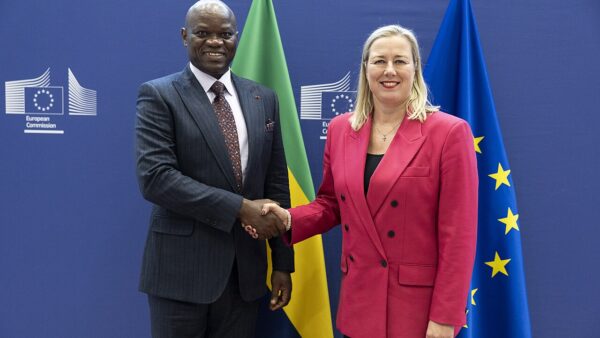Russia and Egypt are moving toward a deal to build a Russian-sponsored, $4.6bn port and industrial free-trade zone along the Suez canal, according to Russian media.
The announcement, by a Russian trade minister, comes as Egypt pivots toward Moscow amid economic turmoil resulting from an IMF bailout, and as oil supplies from Saudi Arabia have been cut off following Egypt’s support of Russia in Syria.
Denis Manturov, Russia’s minister of trade, said on 25 November that Egypt had agreed to allocate 80 hectares in Port Said to Russia for an industrial zone that could expand to 2,000 hectares, TASS reported.
The zone would be financed, built and occupied by Russian firms over the next 20 years. Among the tenants are expected to be carmakers, petrochemical enterprises, energy and medical companies; altogether, it is estimated that 77,000 jobs will be created.
Since taking power, Egyptian President Abdel Fattah al-Sisi has made a number of promises for large development schemes, but few have materialised.
According to TASS, Manturov said discussions on the industrial zone agreement “may be completed” in the first quarter of 2017.
The project has been under discussion since 2014, and a memorandum of understanding was signed in February. However talks stopped following the shooting down of a Russian airliner over the Sinai in October last year.
There has been speculation that Egypt’s decision to go ahead with the scheme is linked to a sudden cooling in relations with Saudi Arabia, which has been, up until now, its main sponsor in the Arab world, along with the UAE.
Saudi Arabia agreed in April this year to provide Egypt with 700,000 tonnes of fuel every month for five years on easy repayment terms, but the Saudis cut their oil supply to Egypt, giving no reason, after Cairo’s decision in October to back Russia’s UN Security Council resolution concerning the bombing of Aleppo.
President al-Sisi has moved closer to Moscow and the regime of Syrian president Bashar al-Assad, even reportedly sending air crews to fly Syrian planes.
Egyptians, meanwhile, are struggling with rampant inflation after their government allowed the Egyptian pound to float on currency markets, one of the conditions of a $12bn bailout package agreed with the International Monetary Fund (IMF) earlier this month.
Image: American naval vessel, the San Antonio navigates the Suez canal in 2008 (US Navy/Creative Commons)






